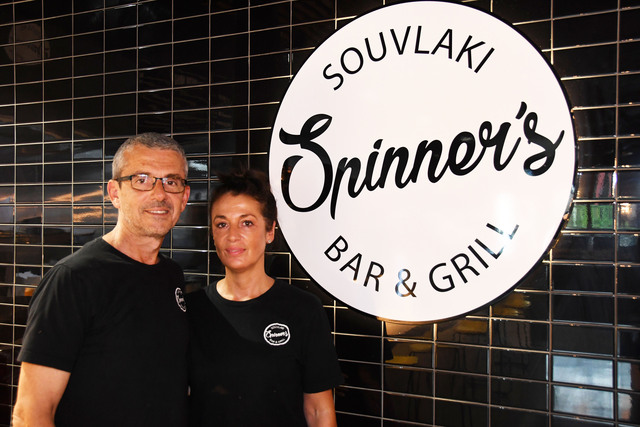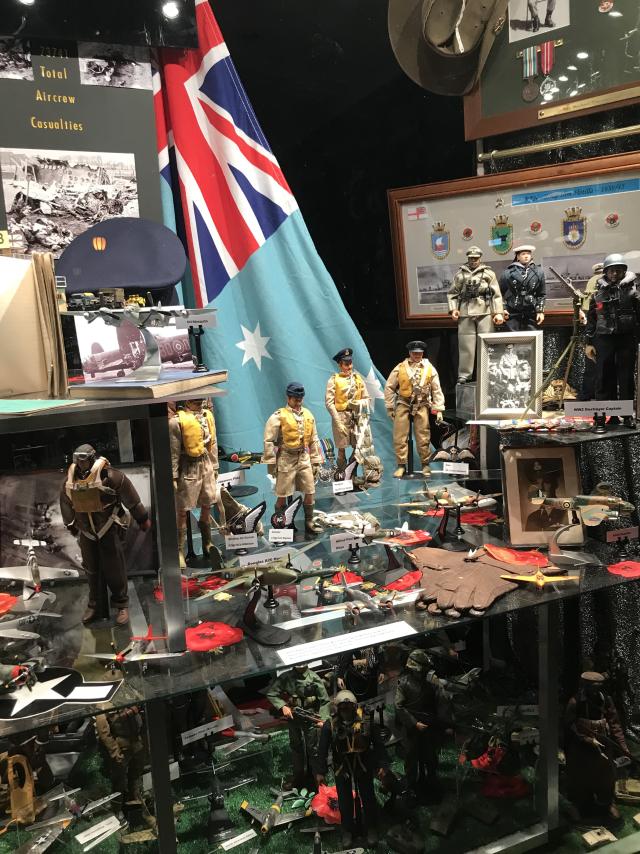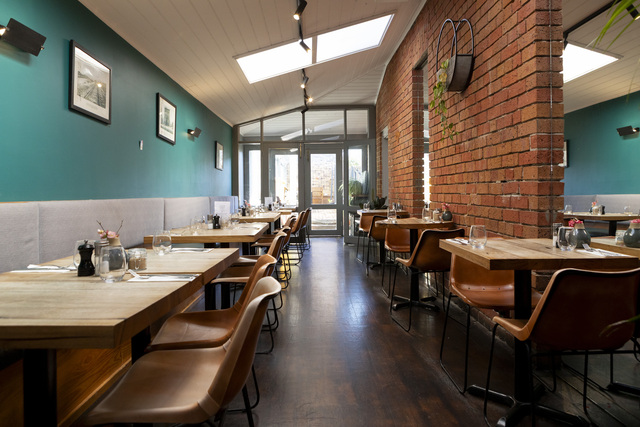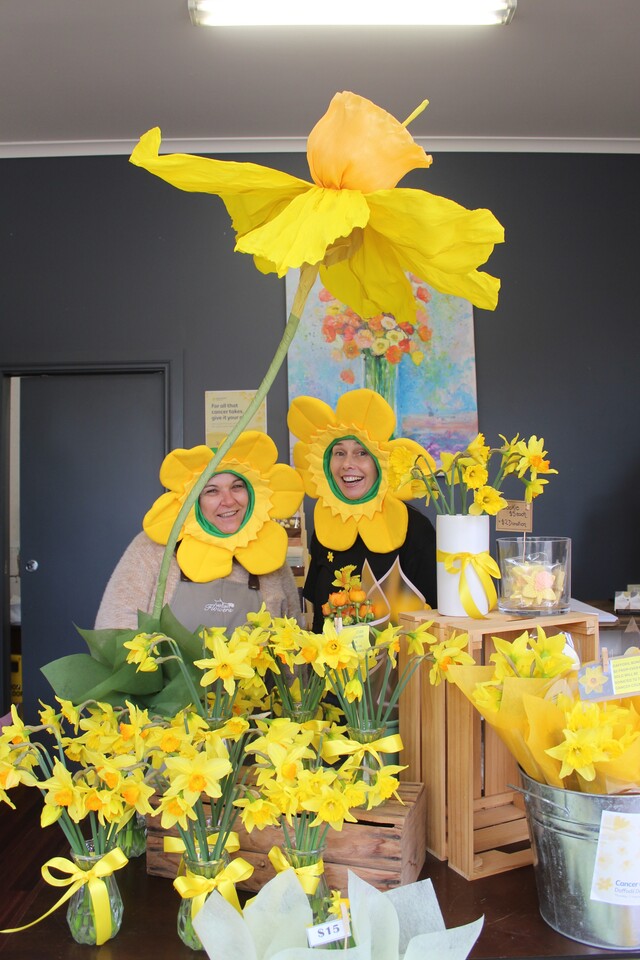By Kath Gannaway
MANY women will recognise themselves, and their partners, in Jeannie Blackburn’s experience of domestic abuse (Mail, 18 May) according to Yarra Valley Community Health Service manager Jane Judd.
Ms Blackburn was the victim of a series of brutal assaults by her partner Paul McCuskey over an eight-month period.
McCuskey was jailed for five and a half years in April after the court heard that in a final violent attack three years ago he kicked Ms Blackburn repeatedly in the head, causing the loss of sight in her left eye.
YVCHS manager Jane Judd told the Mail Ms Blackburn’s experience was in many ways typical of women caught in a cycle of violence who for a range of reasons stayed in the relationship, and who were reluctant to seek help.
Ms Judd said she was not surprised that Ms Blackburn, despite suffering serious injuries and the escalating violence of the assaults, did not initiate the police action which led to charges being laid.
“Many women living in a family violence situation don’t share that information with family and friends, so it’s not unusual,” she said. “What is concerning is whether she even knew what sort of support services were available to her,” she said.
YVCHS runs programs for both men who are abusers, and the women they abuse.
Ms Judd points out that while it is not always, it is predominantly, men who abuse.
She said the success of men’s behaviour programs such as the one run in Healesville was still being evaluated. “Anger is often used as an excuse, but there are no excuses,” she said. “Violence is a choice and working with men aims to help them make better choices.
“Research suggests that working with men in a group setting is a more effective than individual counselling,” she said.
There is no illusion that for some women, leaving is not just a matter of walking out the door.
Violence, whether physical, emotional or financial, is about control. It robs the victim of confidence and in rural and remote communities the incidence is higher.
People who deal with the issue talk of “the safe, available, target”.
“It’s much easier to be a victim of family violence if you’re isolated. These men don’t beat their mates up at social gatherings, they’re quite selective about who they push, shove or worse,” Ms Judd said.
The cycle of violence continues with regrets, reassurances that “it won’t happen again” and excuses such as alcohol or stress.
“People, if they love someone are willing to give them a second chance and believe they will make an effort.
“As she (Ms Blackburn) said, they’re blinded by love, and their abuse is not something they want to advertise to friends. They can stay isolated for a week and no-one sees the black eyes, or asks questions.”
In other cases women fear for their life, or that of their children, with threats backed up by the violent assaults.
Ms Judd makes no claims that the decision to leave is easy for some women but says there are support services including advocacy and referral to refuges for the short term.
For many it’s the long term repercussions which keep them in the cycle.
For those women, it’s about ‘safety planning’, a strategy Ms Judd says is well developed.
“It’s about assessing the level of risk and that can mean having an escape route if things get bad, someone who knows they might get a call at any time, and knows how to support the person at that time.”
Police response is also critical. Ms Blackburn told the Mail she doubts she would have followed through to a court case had it not been for the support of the Lilydale police officers involved.
“If someone is genuinely afraid for their life, they have to be supported and protected.”
“I believe about 50 per cent of homicides of women are committed by a partner,” Ms Judd said.
Stories of abuse
Digital Editions
-
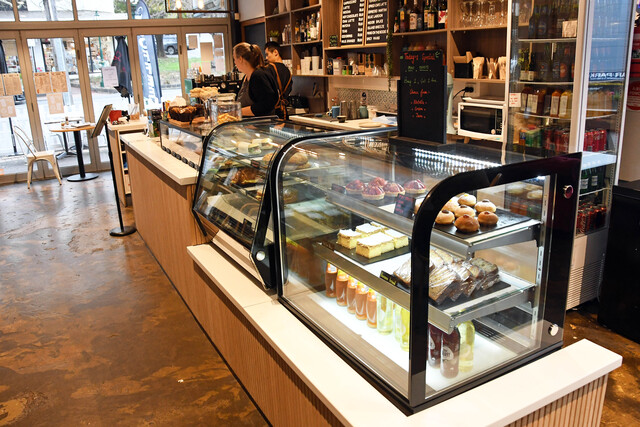
Connect and engage
Willow & Jackson is committed to creating a warm, welcoming space for the community, with cosy seating, local artwork, and a vibrant atmosphere that feels…

